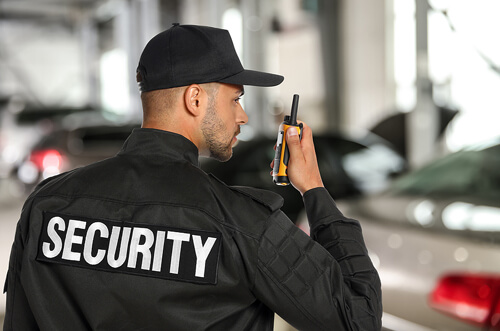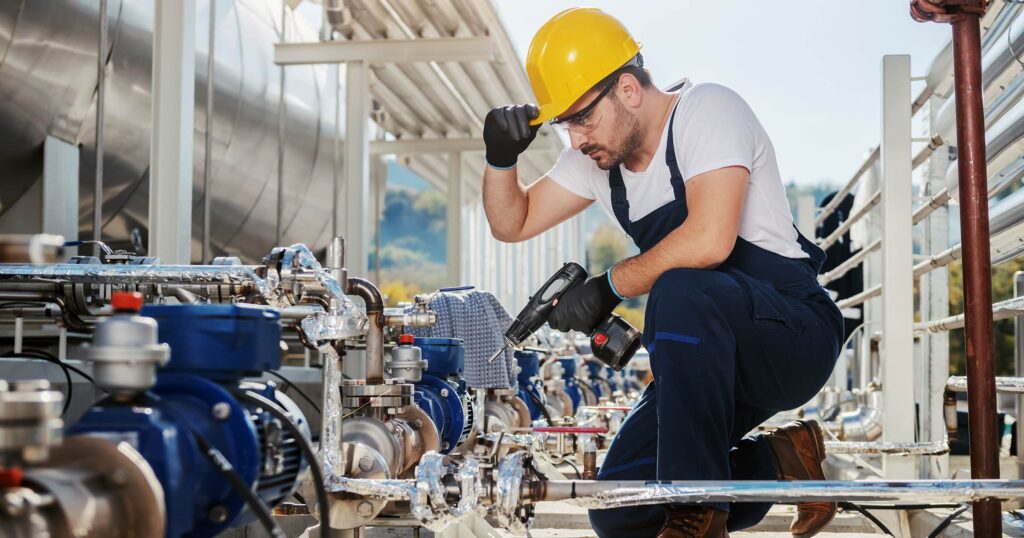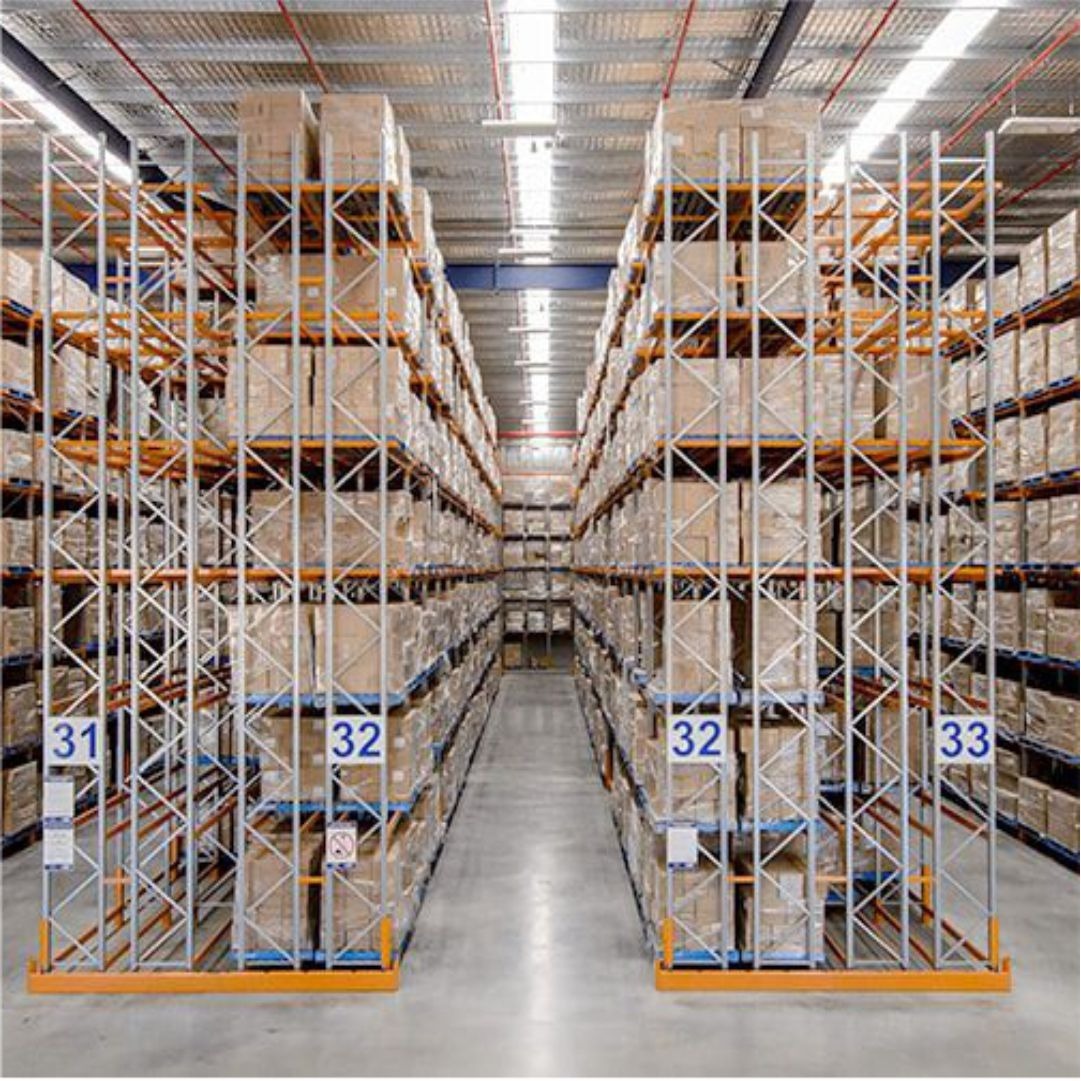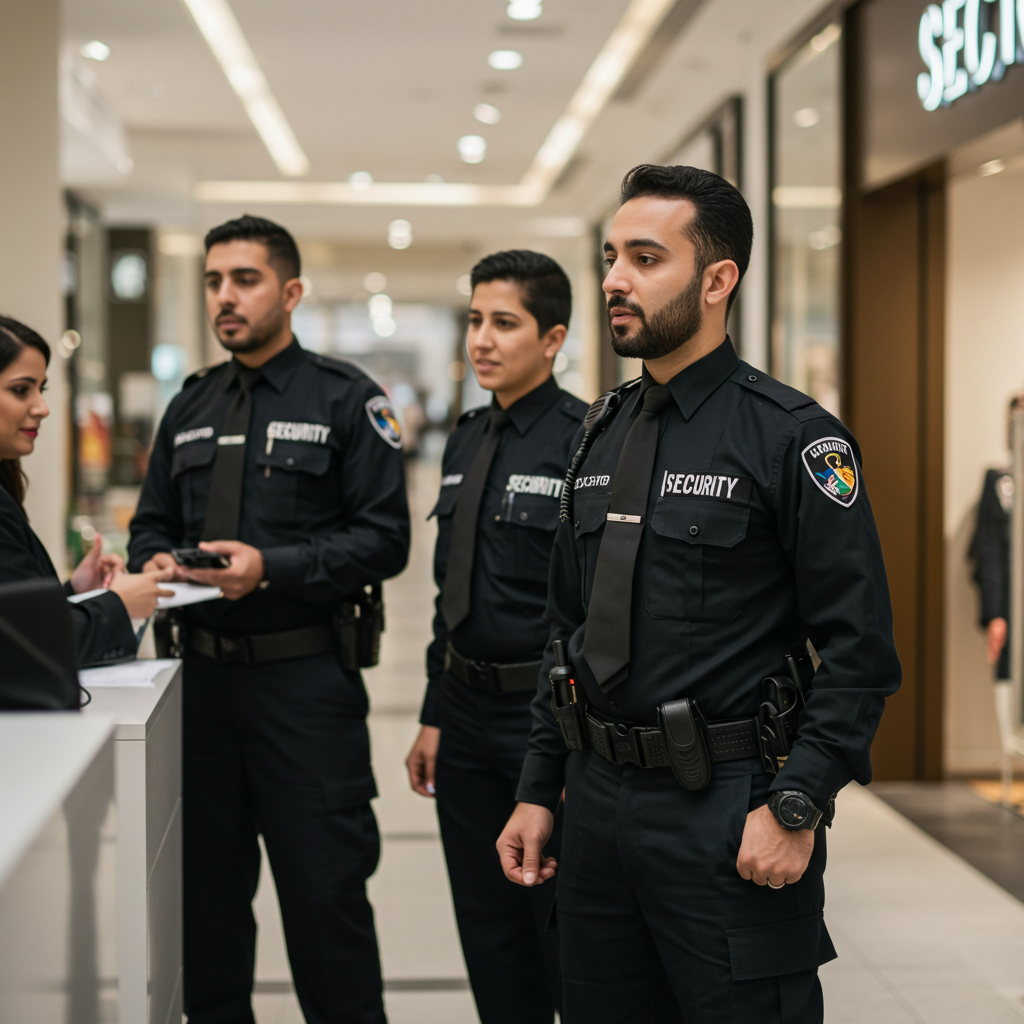The role of security guard in airport security

Samajh gaya 👍 Aap chahte ho ke blog me company aur services wale words highlighted + clickable dono hon. Matlab link text visible na ho, sirf word hi highlight ho aur uspe click karne se link open ho jaye.
Main ne neeche blog update kar diya hai. Dono words bold + highlighted hain aur unke andar clickable link insert hai (without showing URL).
The Role of Security Guards in Airport Security
First Line of Defense
Airports are among the busiest hubs in the world, handling millions of passengers and cargo movements daily. Security guards act as the first line of defense in such sensitive areas, preventing unauthorized access and reducing the risk of criminal activity. Their presence creates a visible deterrent to those who may attempt to disrupt operations. Guards are stationed at entrances, checkpoints, and restricted areas to ensure only authorized personnel gain access. Their vigilance and ability to detect suspicious behavior are critical in preventing incidents before they escalate.
Emergency Response and Crisis Management
In emergencies, security guards play an immediate and irreplaceable role. They are trained to respond quickly to incidents such as fire, medical emergencies, or security breaches. Their training in first aid, evacuation procedures, and crisis management allows them to handle high-pressure situations with calm and precision. By acting as first responders, guards minimize harm, assist passengers, and coordinate with relevant emergency teams. This quick action not only saves lives but also prevents panic in crowded areas.
Surveillance and Technology Integration
While technology like CCTV and access control systems is essential in airports, it cannot replace human judgment. Security guards work alongside these systems, interpreting behavior and detecting suspicious activity that machines might miss. They monitor real-time feeds, respond to alerts, and patrol areas where cameras may not have visibility. Their ability to combine instinct with technology makes surveillance far more effective. This partnership ensures constant monitoring and rapid intervention when necessary.
Crowd Control and Passenger Safety
Airports often experience congestion, especially during peak seasons. Security guards play a vital role in maintaining order by directing passengers, managing queues, and assisting vulnerable travelers such as the elderly or disabled. They also de-escalate conflicts between passengers and provide support in stressful situations. Effective crowd control ensures smooth operations, prevents accidents, and enhances the overall passenger experience https://theglobalnewz.com/.
Collaboration with Law Enforcement
Security guards at airports work closely with law enforcement, customs, and immigration officers. They share intelligence, escalate cases when required, and assist in joint operations. This collaboration strengthens the airport’s security framework and ensures coordinated responses during major incidents such as smuggling attempts, terrorism threats, or hijack alerts. Guards also participate in joint drills, which enhance teamwork and readiness across all agencies involved in aviation safety.
Training and Professional Standards
Airport security guards undergo extensive training that includes behavioral analysis, security equipment handling, and emergency procedures. Continuous refresher courses keep them updated on emerging risks such as drone activity and cyber threats. Many airports rely on specialized services offered by professional security providers who maintain strict training standards and ensure guards are prepared for modern challenges. These services enhance the reliability and effectiveness of airport security systems.
Securing Restricted and Sensitive Zones
Restricted areas such as runways, control towers, and cargo facilities require the highest level of security. Guards stationed in these zones are responsible for monitoring activity, verifying credentials, and preventing unauthorized access. Their constant vigilance protects critical infrastructure and ensures operational continuity. By enforcing strict security protocols, guards reduce risks of sabotage, smuggling, or accidents in highly sensitive areas.
Adapting to Modern Threats
Security challenges at airports are constantly evolving. Guards today face risks such as cyber-related intrusions, drone disruptions, and sophisticated smuggling methods. They must adapt to these new challenges while continuing to perform traditional security duties. With training and the support of advanced tools, guards remain a critical layer of defense against modern threats.
Passenger Support and Public Health Duties
In addition to ensuring safety, guards also contribute to passenger comfort and public health. During the pandemic, they managed social distancing, enforced mask mandates, and assisted in health checks. Even now, they help travelers by providing guidance and directions, ensuring a positive travel experience. This combination of security and customer service makes them vital to airport operations.
The Importance of Professional Providers
Airports often collaborate with trusted company partners that specialize in providing highly trained guards. These companies recruit skilled personnel, conduct background checks, and ensure guards meet global security standards. By relying on professional providers, airports benefit from consistent, effective, and well-coordinated security solutions. Such partnerships are key to maintaining safety in one of the most complex and high-pressure environments in the world.
Conclusion
The role of airport security guards is multi-dimensional, covering everything from surveillance and emergency response to passenger support and law enforcement collaboration. Their presence ensures airports remain safe, efficient, and welcoming to millions of travelers worldwide. Without their dedication and professionalism, global air travel would face significant risks.
Frequently Asked Questions (FAQs)
1. What do airport security guards do?
They monitor entry points, control access to restricted areas, manage passengers, and respond to emergencies.
2. How are airport security guards trained?
They undergo strict training in surveillance, first aid, behavioral analysis, and emergency management.
3. What is the role of services from professional providers?
These services ensure guards are highly skilled, updated with modern threats, and capable of handling complex airport security challenges.
4. Do airport guards work with law enforcement?
Yes, they collaborate with police, customs, and immigration to create a multi-layered security system.
5. Why do airports partner with professional security companies?
Airports depend on these company providers to recruit, train, and supply skilled personnel, ensuring world-class safety standards.






